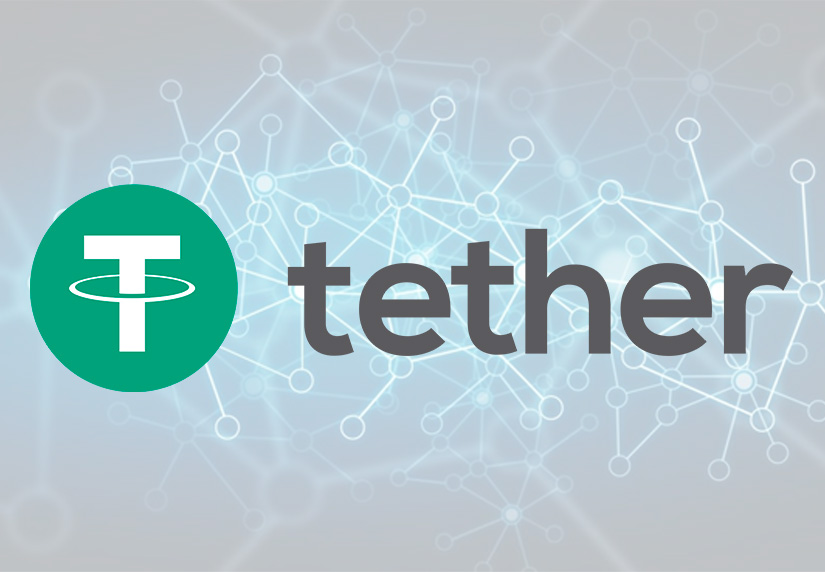TL;DR
- Tether’s Blacklisting Operation: Tether has blacklisted several wallet addresses, cumulatively holding $21.2 million in USDT, as part of its ongoing efforts to combat the illicit use of digital assets.
- Tether’s Ongoing Battle: Tether has taken various measures, including developing a tool for monitoring secondary markets and freezing over $300 million, to make its stablecoin an impractical choice for crime.
- Importance of Security Measures: The blacklisting of these addresses underscores the importance of robust security measures and regulatory compliance in the digital asset space.
In a move to combat the illicit use of crypto assets, Tether, the entity behind the issuance of USDT, has imposed a blacklist on several wallet addresses. These addresses had digital assets worth millions of dollars. This measure is a component of Tether’s continuous initiatives to thwart the unlawful utilization of its stablecoins.
#PeckShieldAlert #Tether has blacklisted the following addresses:
0x44c9503188827034377353a9f6d876eea15933c9 (Balance: 20.01M $USDT)
0xc20dcb6c4fec2516e21cf52648177721e2744988 (Balance: 500K $USDT)
0xc0c9baf6bb9b932eef4a60267aa8c530af5cb62c
(Balance: 500K $USDT)… pic.twitter.com/B0FnthgBjt— PeckShieldAlert (@PeckShieldAlert) March 5, 2024
According to a post by blockchain security firm PeckShield, Tether has blacklisted four addresses, cumulatively holding $21.2 million in USDT. The largest address held 20.1 million USDT, followed by two with a balance of $500,000 USDT each. The last one had a balance of 217,000 USDT.
While Tether has yet to disclose the specific reasons for the blacklisting, speculations are rife regarding whether the banned addresses were involved in illicit activities or sanctions violations. This action signifies Tether’s public commitment to halt the illicit utilization of its stablecoins.
Tether’s Ongoing Battle: 1,281 Addresses Banned

In a statement released earlier this year, Tether noted that it had taken various measures to make the stablecoin an “impractical choice” for crime. These measures include developing a tool for monitoring secondary markets and freezing over $300 million “within the last few months”.
Tether has emphasized its stringent Know Your Customer (KYC) procedures and regulatory compliance against potential illicit use of USDT. As of now, Tether has banned 1,281 addresses holding a total of 955,003,830 USDT, according to data from Dune.
The blacklisting of these addresses is a clear indication of Tether’s commitment to ensuring the integrity of its stablecoin and its determination to prevent its misuse. As the digital asset industry continues to evolve, such actions are crucial in maintaining trust and stability in the market.
This news comes as a reminder that while digital assets offer numerous benefits, they are not immune to misuse. It underscores the importance of robust security measures and regulatory compliance in the digital asset space.


